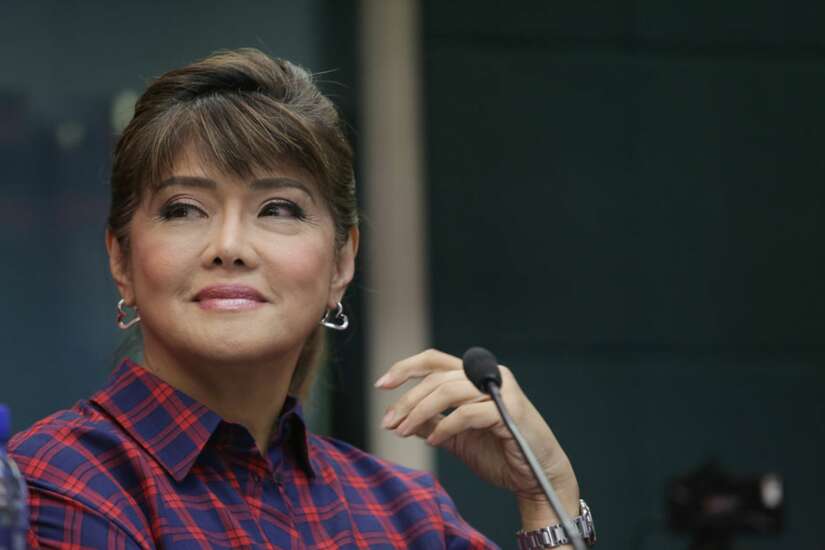SENATOR Imee Marcos has hit rice importers exploiting hard-pressed farmers’ cooperatives and corrupt Bureau of Customs (BoC) officials to maximize their profits.
She said such practice deprives farmers of much needed government subsidies sourced from tariff collections.
Marcos, who chairs the Senate committee on economic reforms, explained that rice importers were using legitimate farmer cooperatives as conduits to avail of the latter’s tax exemptions.
White and well-milled rice imports were also being misdeclared as brown rice or broken rice for animal feed to get a discount on tariff payments.
Moreover, shipment costs were being undervalued as unspecified charges exempt from tariff, further shrinking customs revenue collections meant to subsidize the Rice Competitiveness Enhancement Fund.
Marcos has filed Senate Resolution 549 urging an immediate investigation of misdeclared and undervalued rice imports as well as the “brazen return” of 34 of 43 rice importers previously blacklisted by former Agriculture secretary Emmanuel Piñol for using legitimate farmer cooperatives to avail of tax exemptions.
“The exploitation of legit farmer coops has happened before when the cartel of garlic importers solicited signatures to contrive a petition declaring a garlic shortage, paving the way for the Bureau of Plant Industry to allow large import volumes,” Marcos explained.
Marcos said that uncollected customs revenue on rice imports has reached about Php2.7 billion this year, depriving local farmers of much needed assistance as they struggle to cope with unrestricted importation under the rice tariffication law.
Some Php1.6 billion in customs revenue losses owes to discrepancies between point-of-origin prices declared by rice importers and reference values of the BoC, which more than doubled from Php945 per metric ton in 2019 to Php2,416 per metric ton in January to May this year.
Freight and insurance costs were also being listed under “other charges” to avoid being included in tariff computations, resulting in more uncollected customs revenue of about Php1.1 billion.
The Department of Agriculture estimates that 2.6 million metric tons of rice will be imported by the end of 2020, making up more than 20% of the country’s yearly rice consumption of some 12.9 million metric tons.
Marcos maintains that local rice farmers can produce more than 90% of the country’s rice needs and that only 7% to 10% needs to be imported.
“The Philippines is ironically the world’s largest rice importer, even as it is the world’s eighth largest rice producer,” Marcos pointed out.

